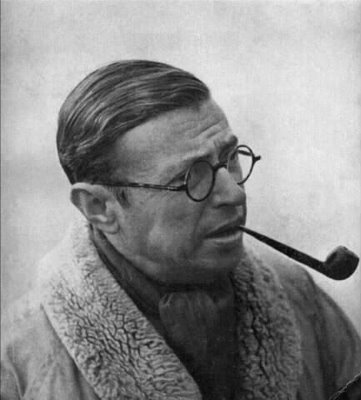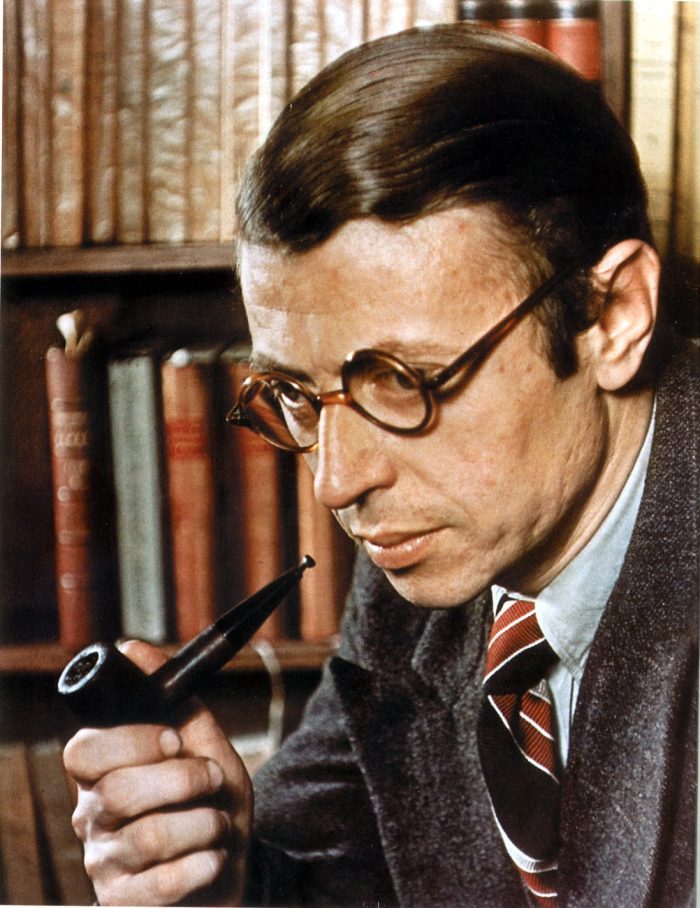Literary Modernism, Existentialism, Intellectualism
Modernism as a literary movement emerged in France during the last quarter of the 19th century and remained an influential force right up until the Second World War throughout whole Europe and lasted approximately up to 1950. Modernism is also used as an umbrella term applied to the wide range of experimental and avant-garde trends…




